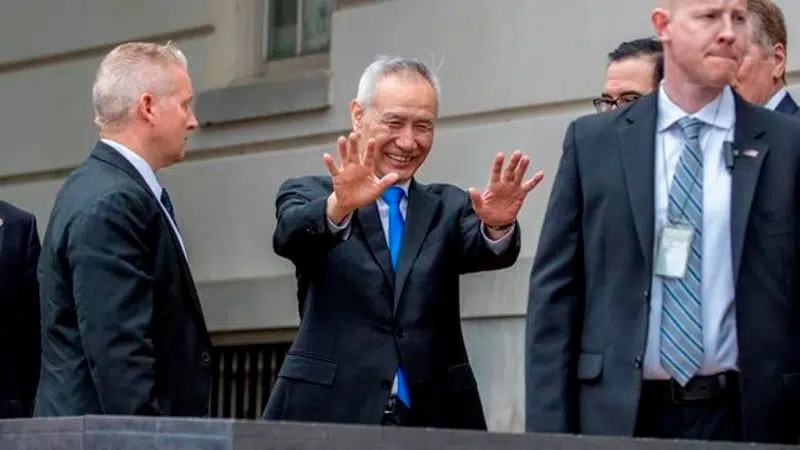
Trump says China tariffs help, not hurt the US
WASHINGTON — After U.S.-China trade talks broke off, President Donald Trump said that “conversations into the future will continue” but that new tariffs the U.S. imposed Friday on $200 billion in Chinese imports would remain despite Beijing’s vow to retaliate.
Trump said in an afternoon tweet that the tariffs “may or may not be removed” depending on the future negotiations.
Earlier, in a series of blustering morning tweets, Trump claimed the new tariffs will help rather than hurt the U.S. and bring “FAR MORE wealth.” He offered a proposal he said would ease any negative impact on U.S. farmers from lost sales to China.
